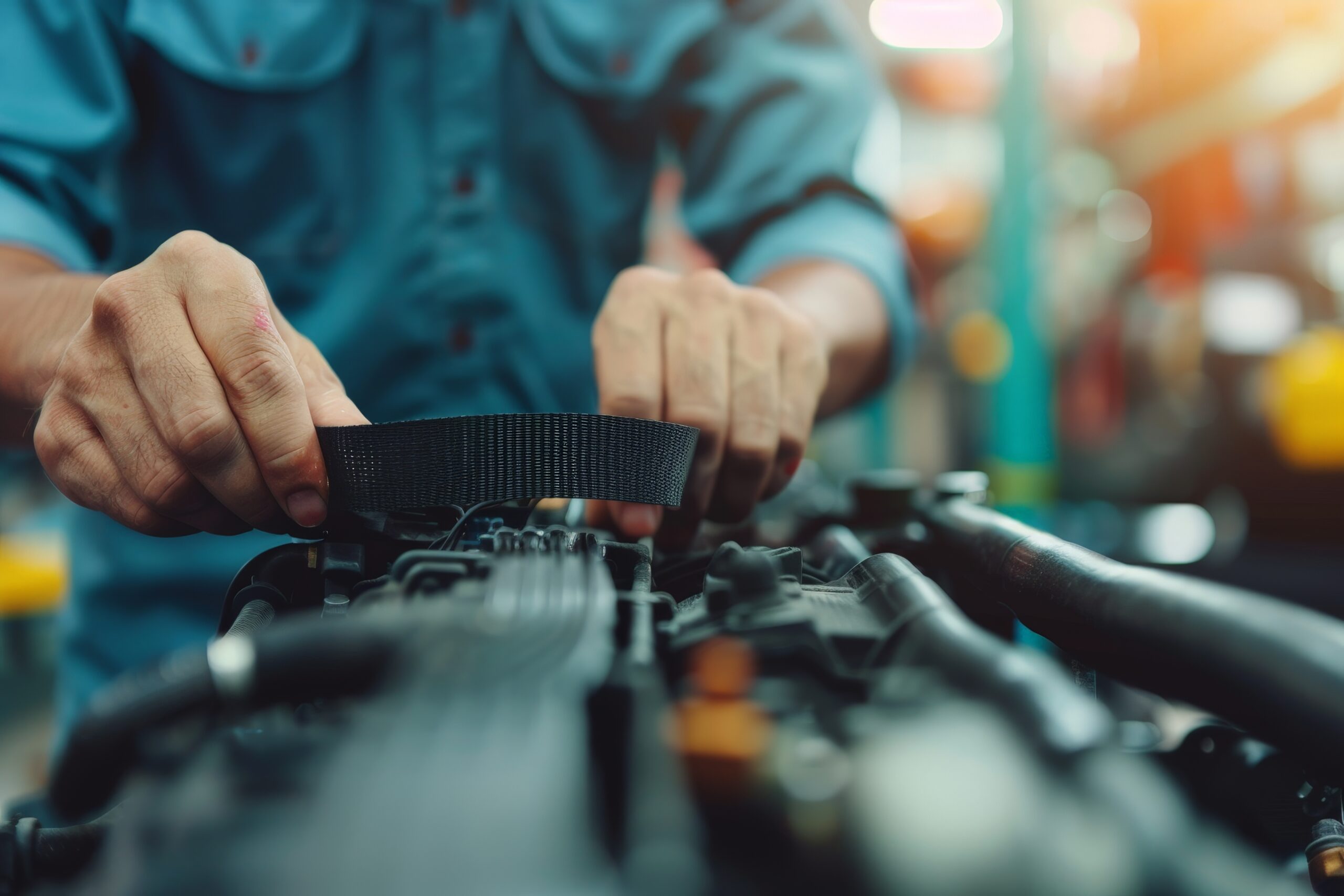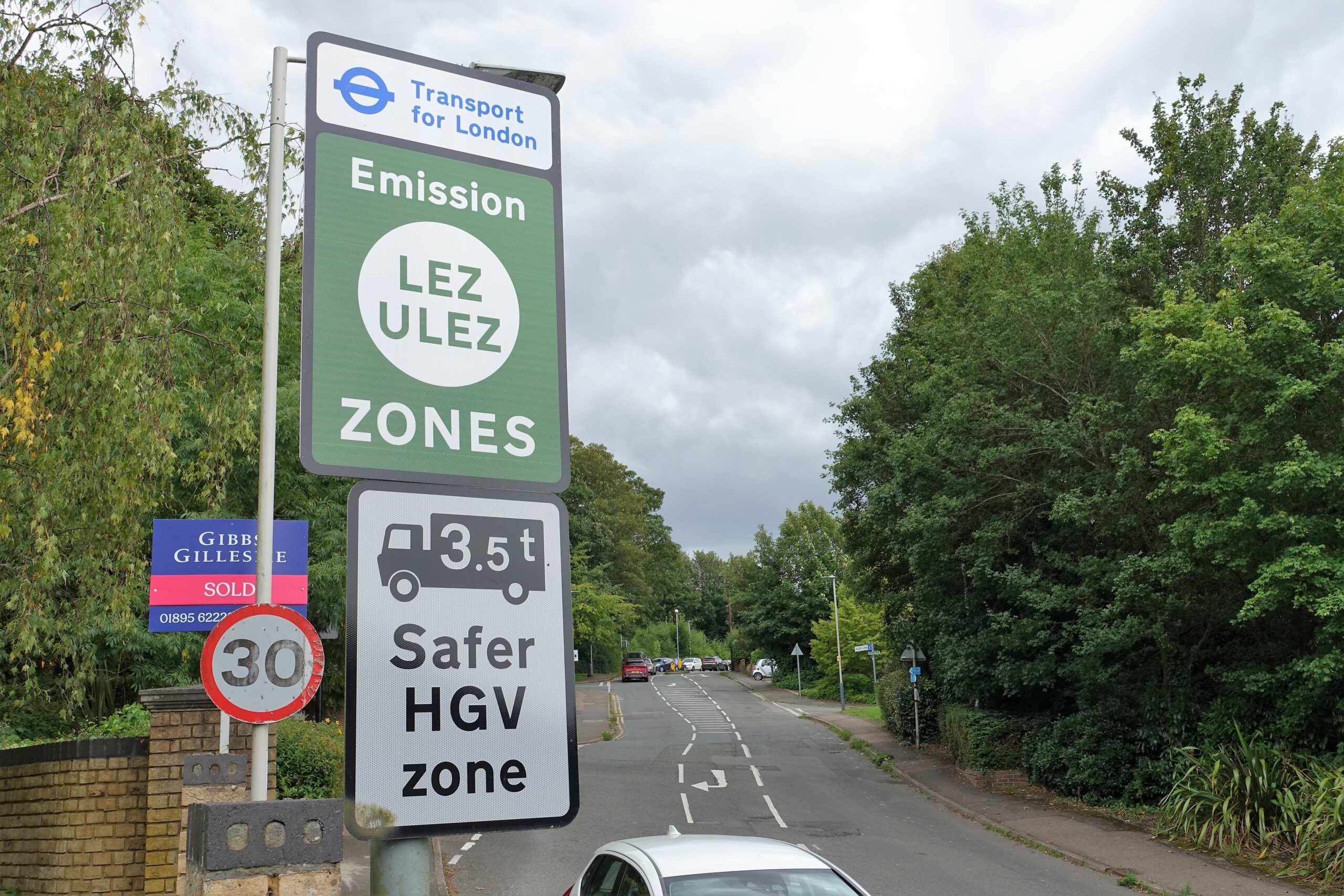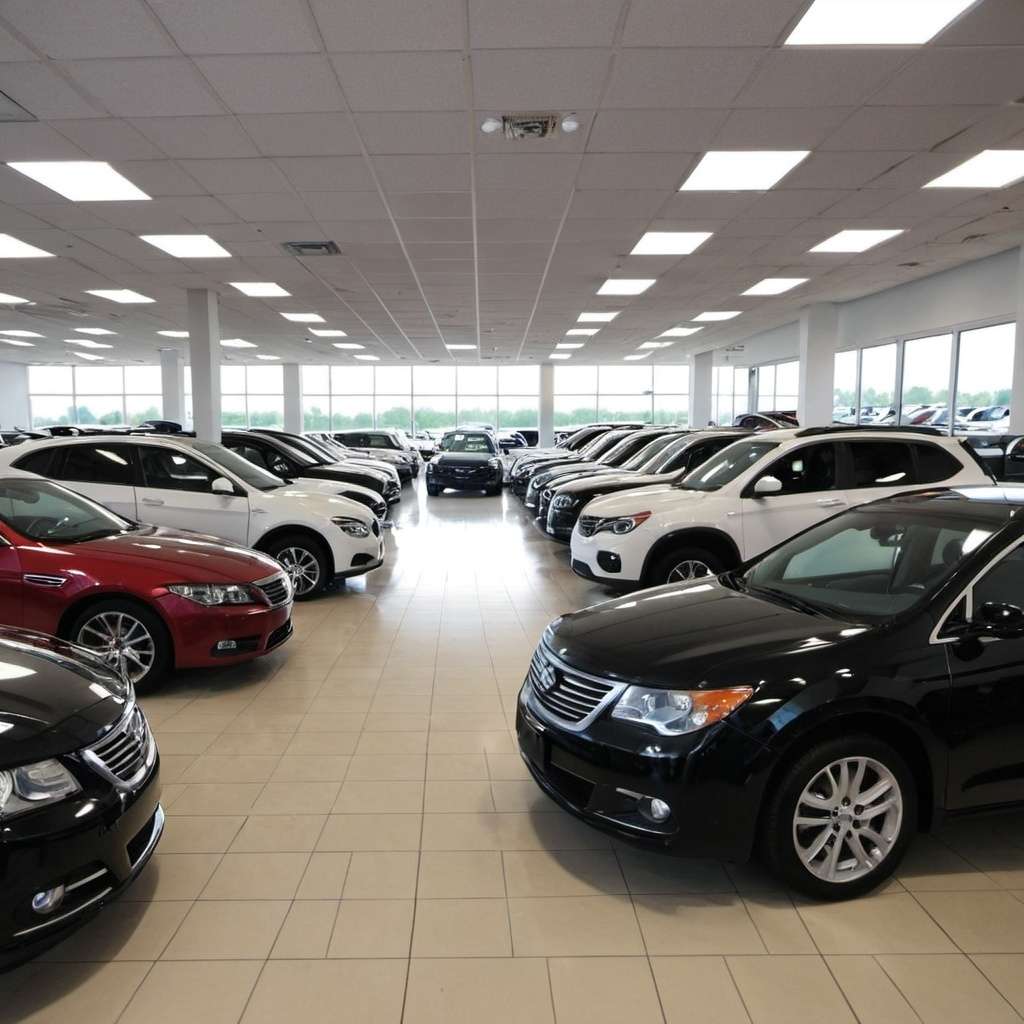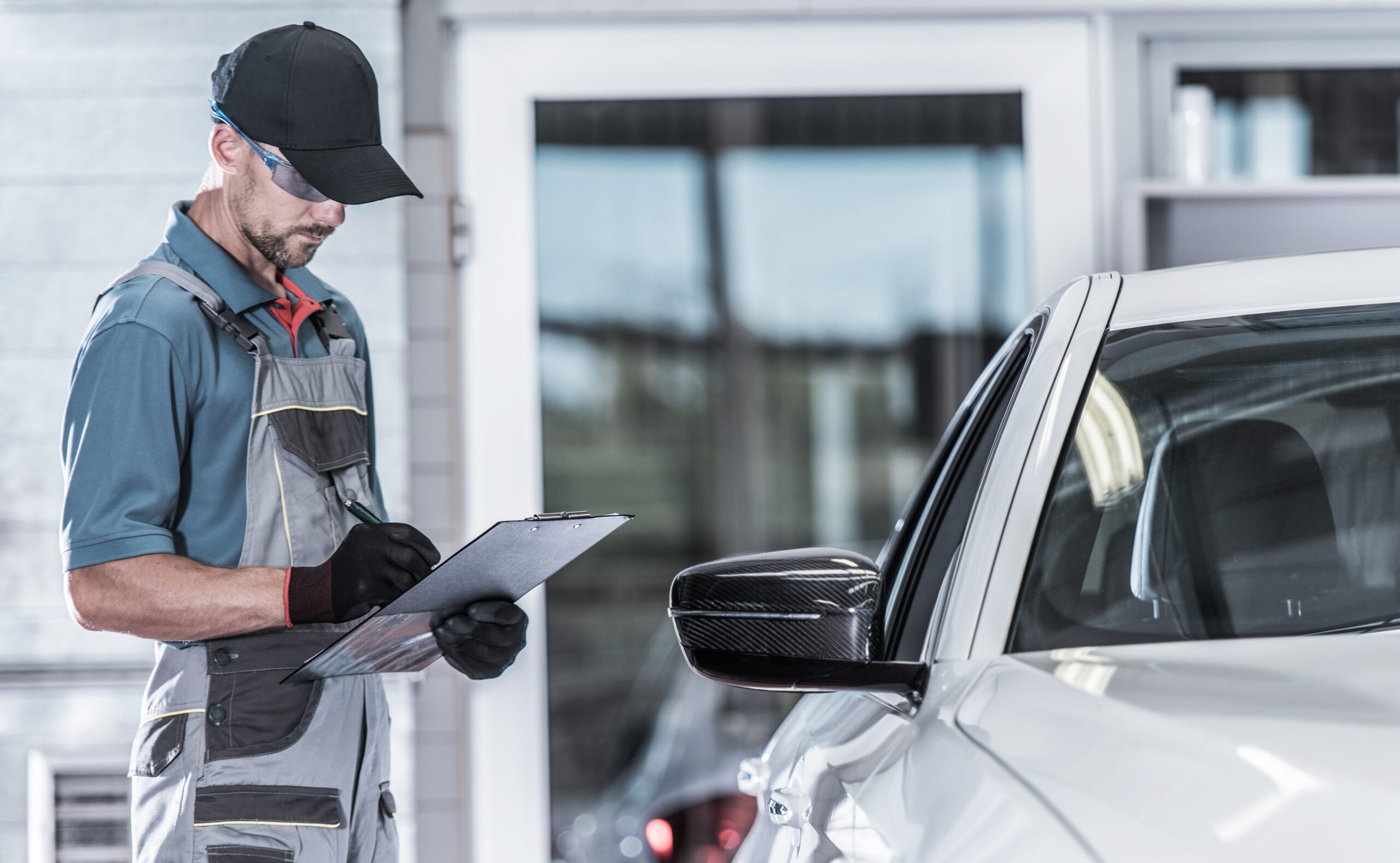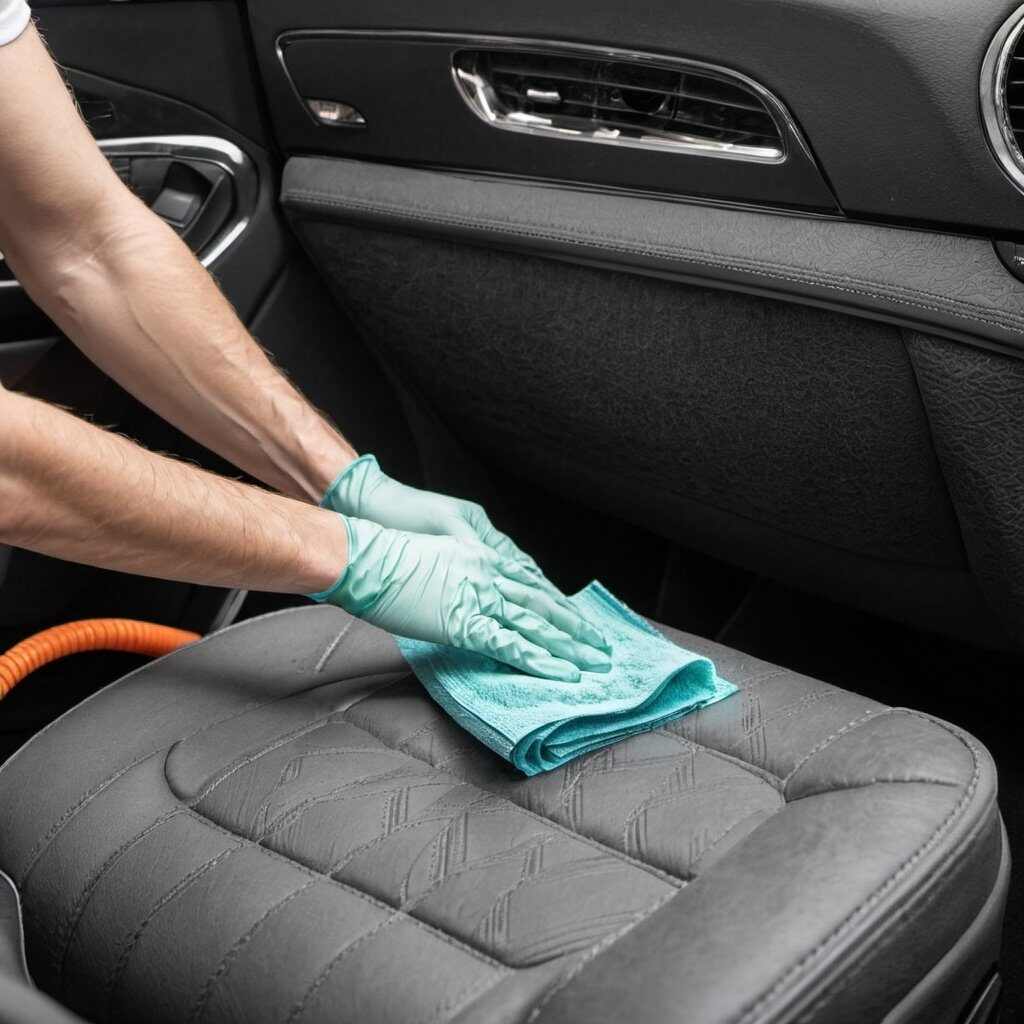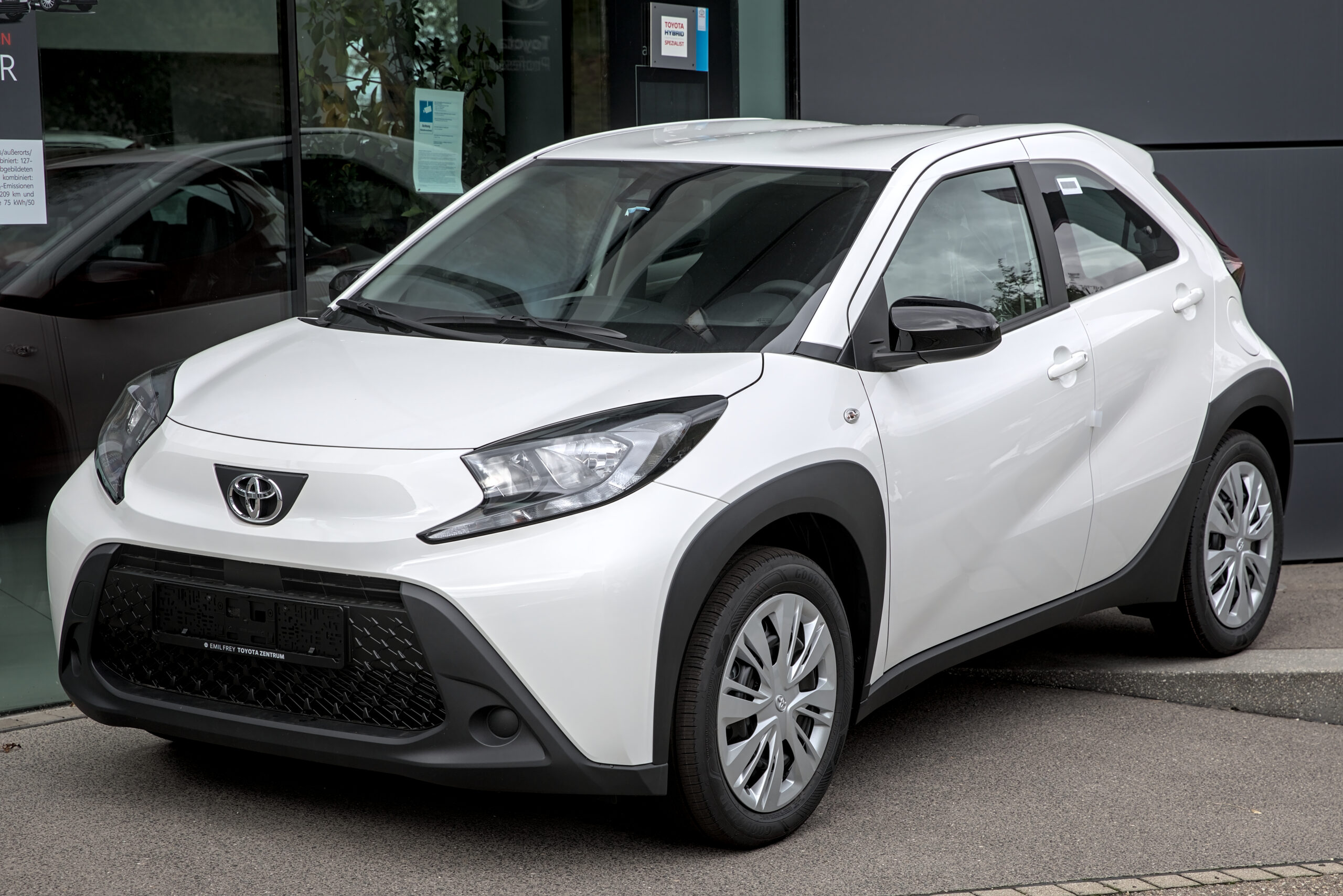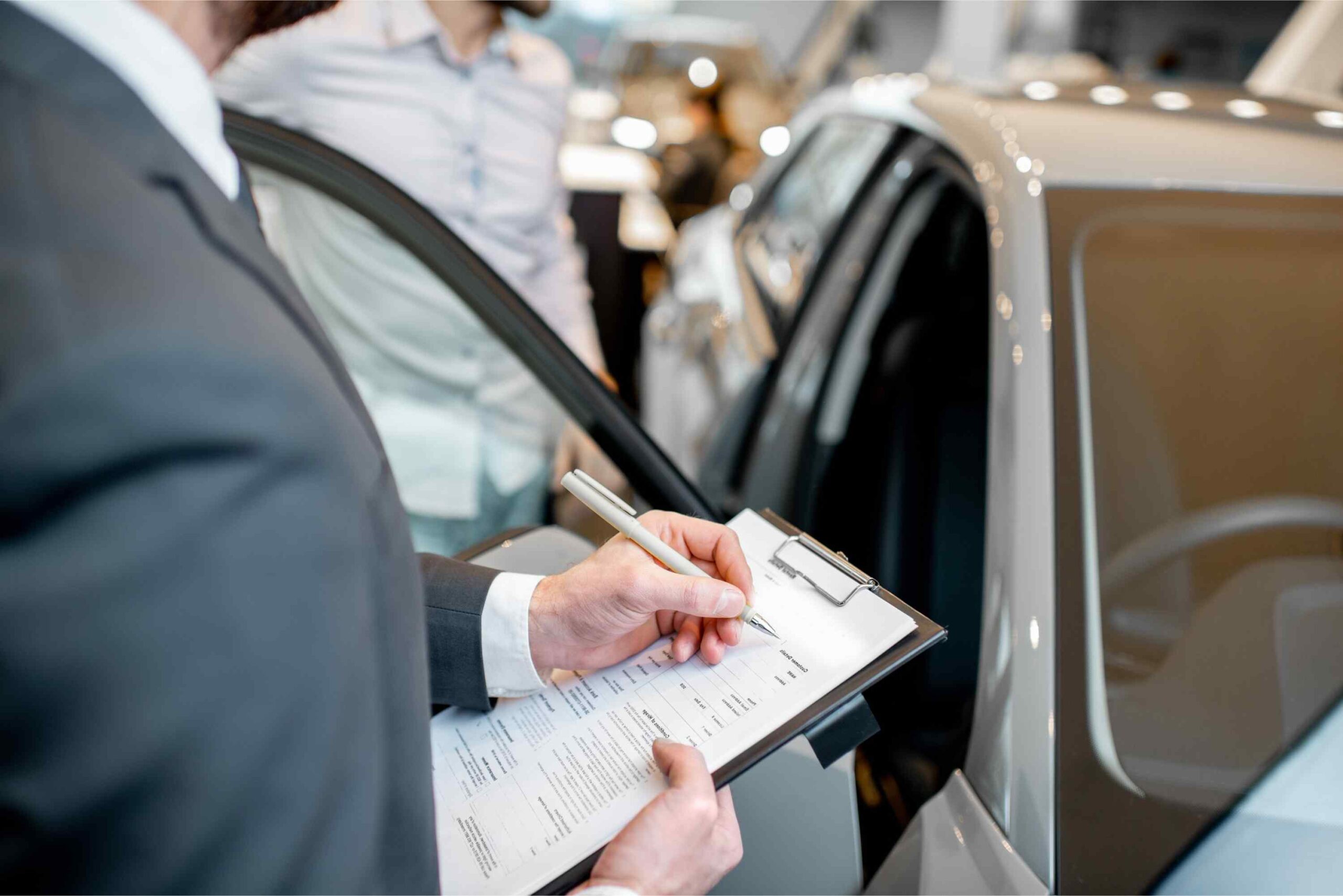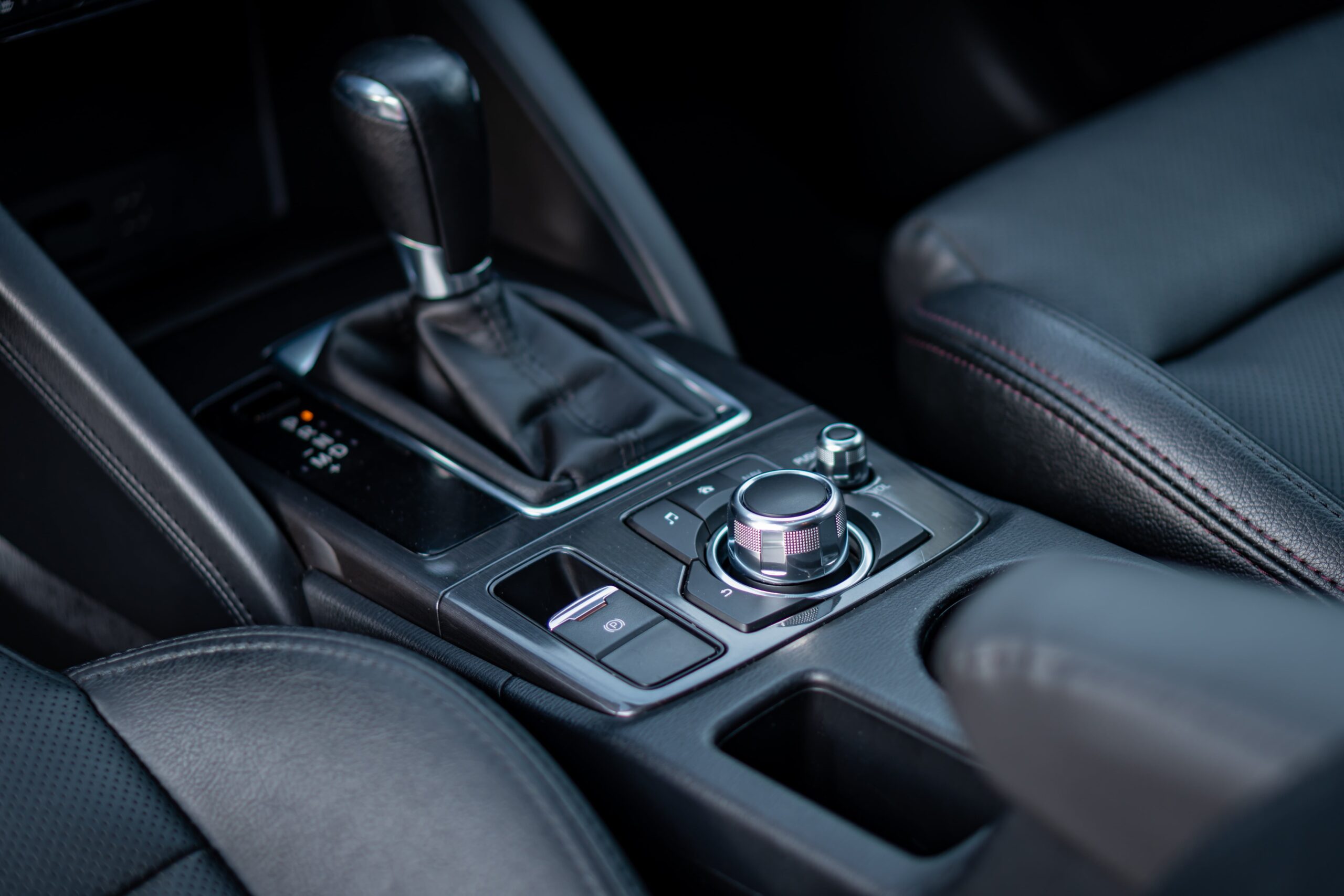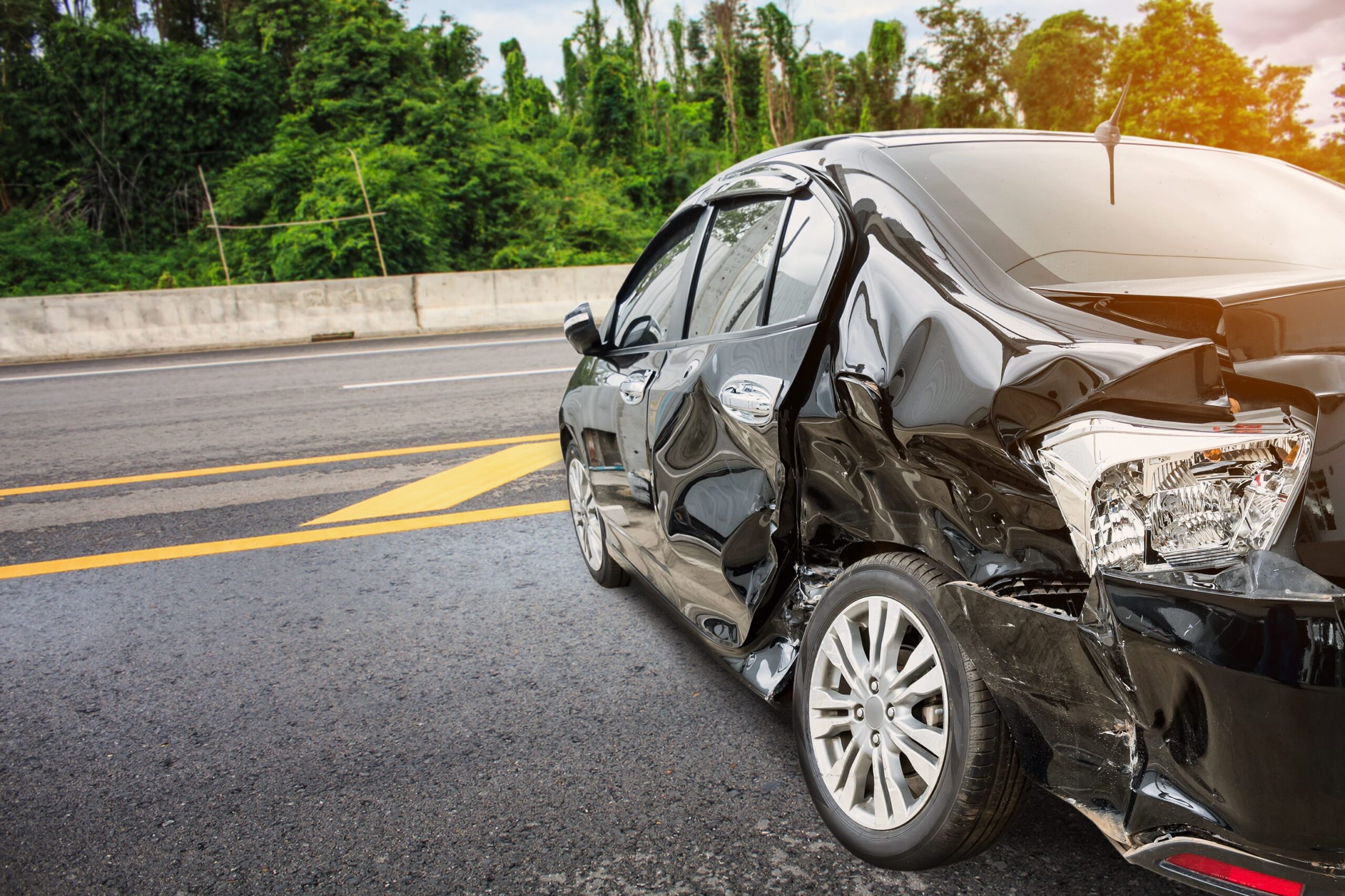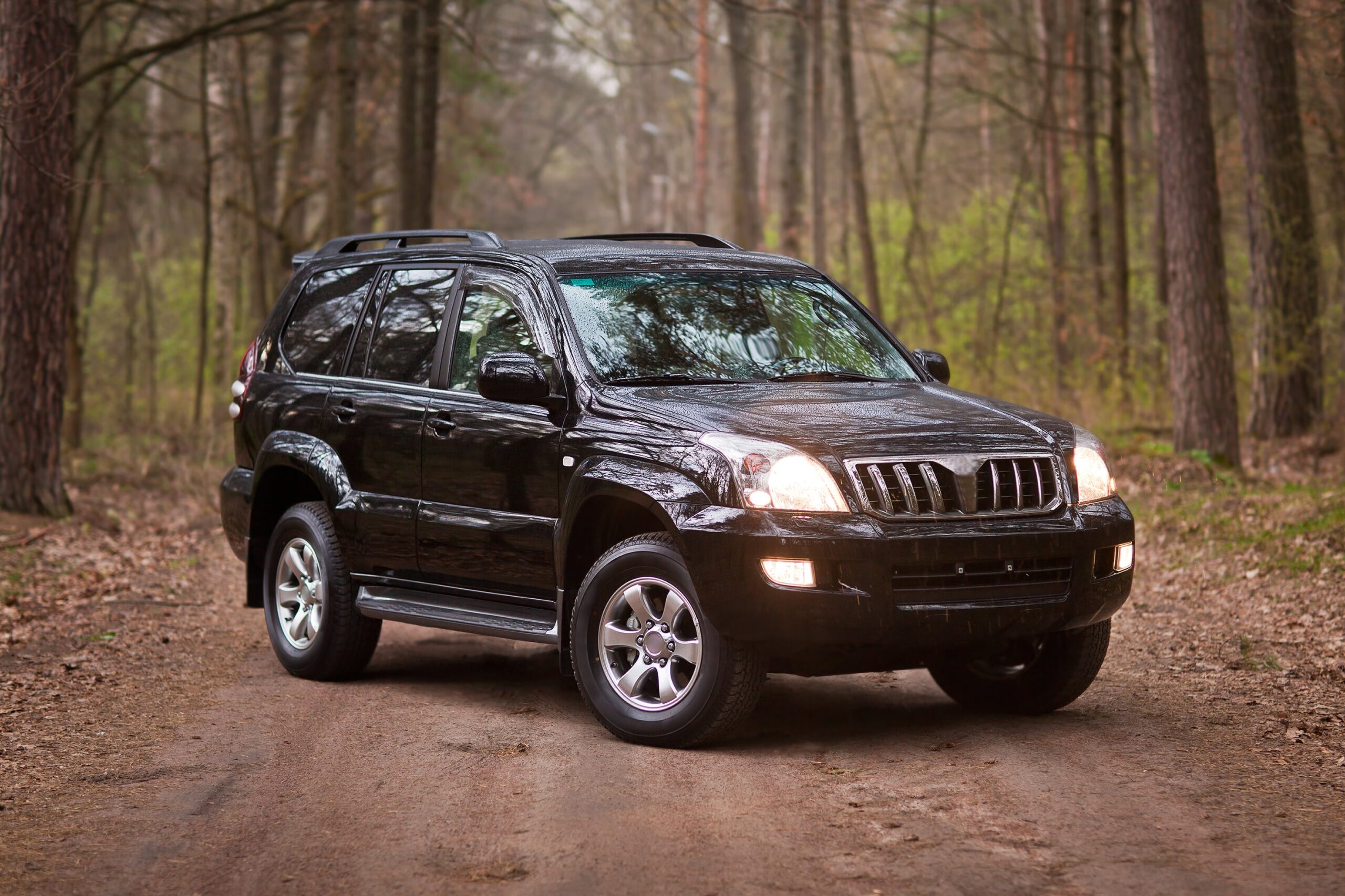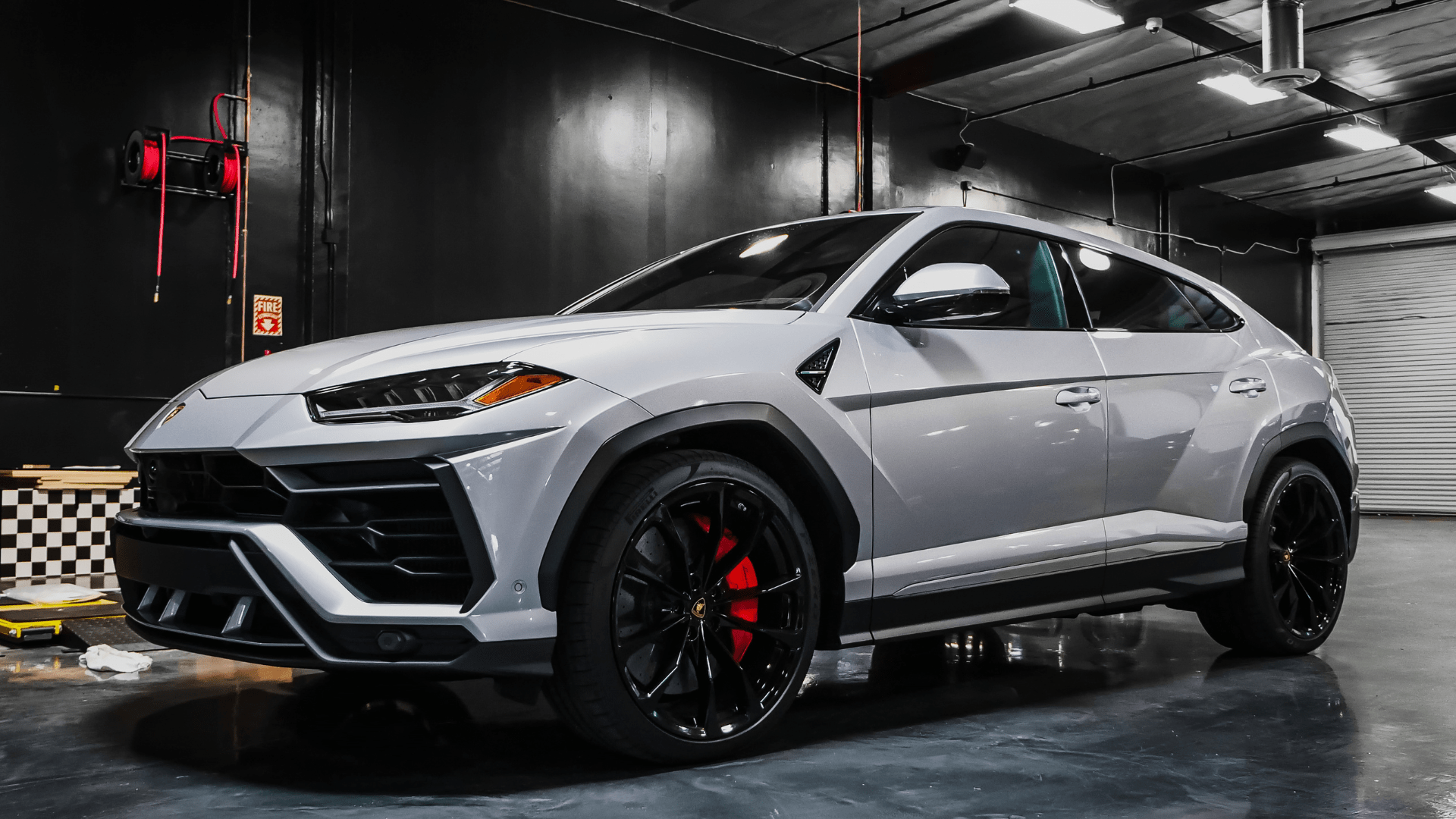
Buying a Used Vs. New Car: Advantages and Disadvantages
Getting a new set of wheels can be exciting, but it’s also an important decision—particularly if you’re considering buying used or new. While certain situations make getting a new car the obvious choice, purchasing a used vehicle is often the smarter move financially and environmentally.
If you’re undecided between used or new cars, this post will help you decide which option best suits your budget and lifestyle by exploring the advantages and disadvantages of the two options.
Advantages of Buying a Used Car
1. Lower Price
One of the biggest benefits of buying a used vehicle is the lower price, with some sellers offering significantly discounted prices compared to new models.
For car buyers on a budget, buying used is often the smartest option. With the money saved from buying a used car, you can put that extra cash towards car maintenance and other necessary improvements.
By purchasing a used vehicle, you’ll be able to get your preferred make and model of car at an affordable cost.
Buying a vehicle could be one of the biggest expenses in one’s life so it’s important to consider all options.
Keeping these advantages in mind can help you make an informed decision and get the best value when deciding to buy a vehicle.
2. Low Depreciation Rate
Another advantage of buying used is that it’s not subject to the same rapid price deprecation as newer cars, meaning you’ll be able to get more bang for your buck.
As soon as a vehicle is driven off the lot, it begins to depreciate in value, but with a used car, the bulk of this depreciation has already been absorbed by the previous owner.
On average, after a single year of ownership, the vehicle has depreciated by 40%, although some models only lose 10% of their worth over this period.
This means a lower cost for you, and possibly more cash left over to pay for fuel, insurance and other car-related expenses.
3. More Variety to Choose From
When you purchase a used car, you’re not limited to the current year’s lineup of models. Used cars come in all shapes and sizes from different years and make, giving you access to a wider range of cars than would otherwise be available if you were investing in something brand new. This means you can get a better deal, as well as access to features that are no longer available in the current year’s lineup.
Whether you’re looking for a classic car, luxury vehicle or something with more modern features and better fuel efficiency, there are plenty of options available in the used car market.
Looking to upgrade your car? Sell your car first!
Discover how much your car is worth! Get the instant offer by entering just two details about your car.
Disadvantages of Buying a Used Car
1. Less Reliability & Safety Features
One of the biggest disadvantages of buying used cars is that they are less reliable than new ones, and may not have access to the latest safety features.
Older cars may have had more time on the road, and as such may not be as reliable as some of their newer counterparts, which makes them more likely to break down or malfunction.
Furthermore, used cars cannot access the same level of safety technology that newer models have, such as advanced driver assistance systems and collision avoidance technology. This means that a driver must be extra vigilant when driving an older vehicle, as the lack of safety features could put them at greater risk of an accident.
2. Potential Hidden Issues with Vehicle History
When you’re buying a used car, it’s important to look into the history of the vehicle and check for any red flags. While most reputable dealerships provide history reports and a warranty offering some level of protection, there’s still the potential for hidden issues that could prove costly down the line.
For example, a car could have been involved in an accident and sustained damage that was not properly repaired, or the previous owner may have neglected regular maintenance.
It’s important to be thorough when examining a used car for any issues that could lead to expensive repairs in the future.
Related: How to Check the Condition of the Vehicle Before a Purchase
Advantages of Buying a New Car
1. Latest Technology & Safety Features
With an ever-evolving automotive landscape, prospective car buyers today have many advantages when shopping for a new vehicle. New cars come with the latest technology and safety features, enabling owners to drive confidently knowing that they are travelling in one of the safest modes of transportation available.
Some of these new features include but are not limited to, automated emergency braking systems and parking assistance functions which allow drivers to park their vehicles more easily.
2. Dependability & Warranty Coverage
When driving a brand-new vehicle, you can rest assured that it runs reliably and safely since it has been recently built to meet the current standards of reliability.
Even if something does go wrong, a good car warranty will ensure that any necessary repairs are taken care of. Furthermore, car mechanics often prioritise requests from owners with newer cars, meaning you’ll never be waiting too long for service.
3. Financing Options
For many people, the upfront cost of a new car may be too much to bear when buying outright. But thankfully, there are several financing options available for those who cannot afford to pay in full. This can include taking out a loan from a bank or going through the dealership and their direct financing.
Both of these options allow people to purchase a car without having to pay the entire amount upfront, spreading the cost over a period of years.
Disadvantages of Buying a New Car
1. Higher Cost & Faster Depreciation Rate
The main downside to buying a new car is that it can be quite expensive, and the value of a new vehicle will tend to depreciate much faster than a pre-owned model.
Additionally, new car buyers may be subject to certain taxes and fees that make the purchase even more costly. Despite this, many people feel that spending a bit extra for the latest safety features and technological advancements is worth it in the end.
2. Higher Insurance Premiums
When you purchase a new car, it’s important to consider the costs associated with insurance. Insurers tend to charge higher premiums for newer cars since they are more expensive to repair or replace should something happen. This means that even if you’re able to secure a great deal on the car itself, you could still be paying more in insurance than if you had purchased an older vehicle.
3. No Room for Negotiation
New car buyers have very little room to negotiate the price. This is because dealerships are often locked into specific prices set by the manufacturer and are not willing to go too far below it – meaning buyers are stuck with the advertised price.
This can be quite inconvenient when compared to buying a pre-owned car, where prices vary from seller to seller and buyers can often haggle the cost down.
In Conclusion
Buying a new car is an exciting and rewarding experience that many people strive for. But it’s important to consider all the factors involved when making such a big purchase. While there are many benefits to buying new – including access to modern features and unbeatable warranty coverage – there are also some downsides like higher insurance premiums and little room for negotiation.
Ultimately, it comes down to weighing the pros and cons of each option before deciding which is best for you. With a little research and consideration, you can make the best decision for your budget and lifestyle needs.
Looking to upgrade your car? Sell your car first!
Discover how much your car is worth! Get the instant offer by entering just two details about your car.
